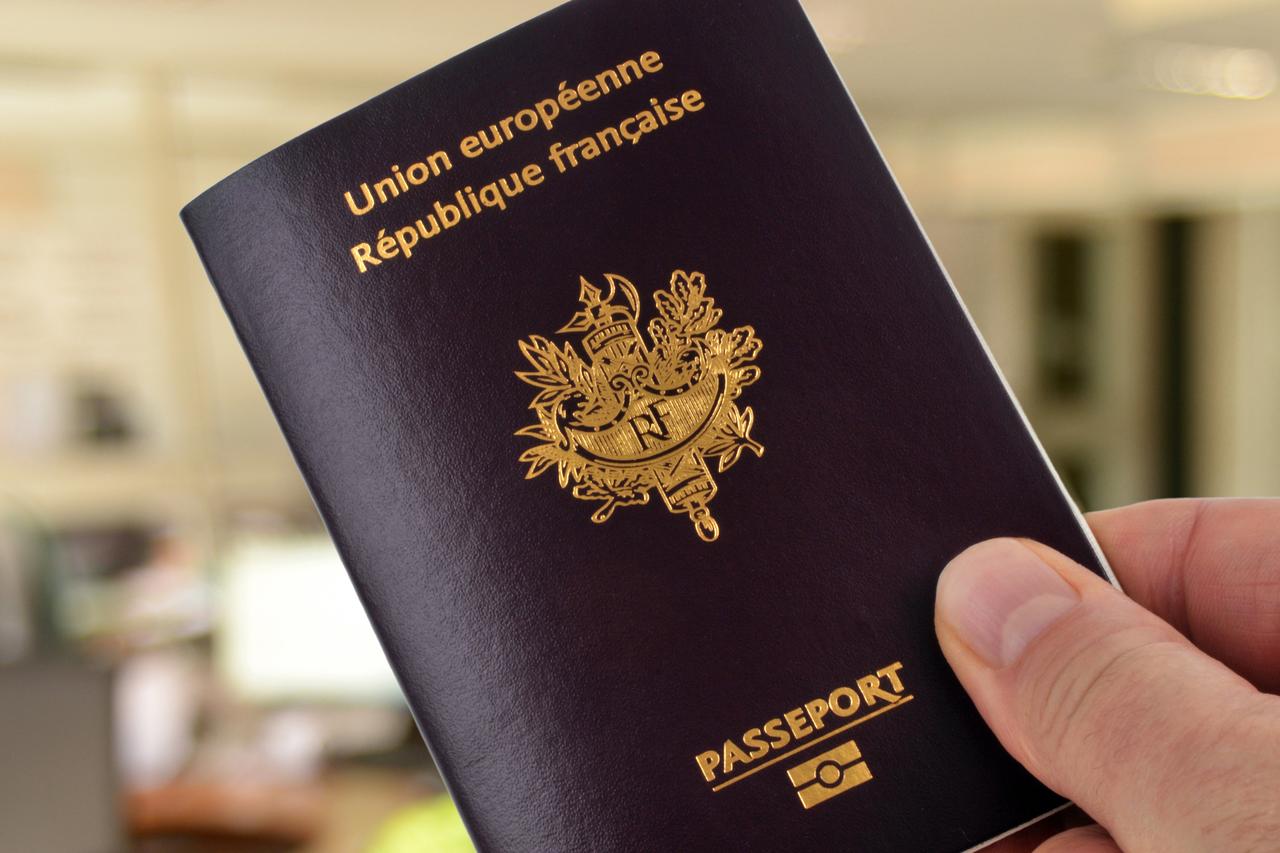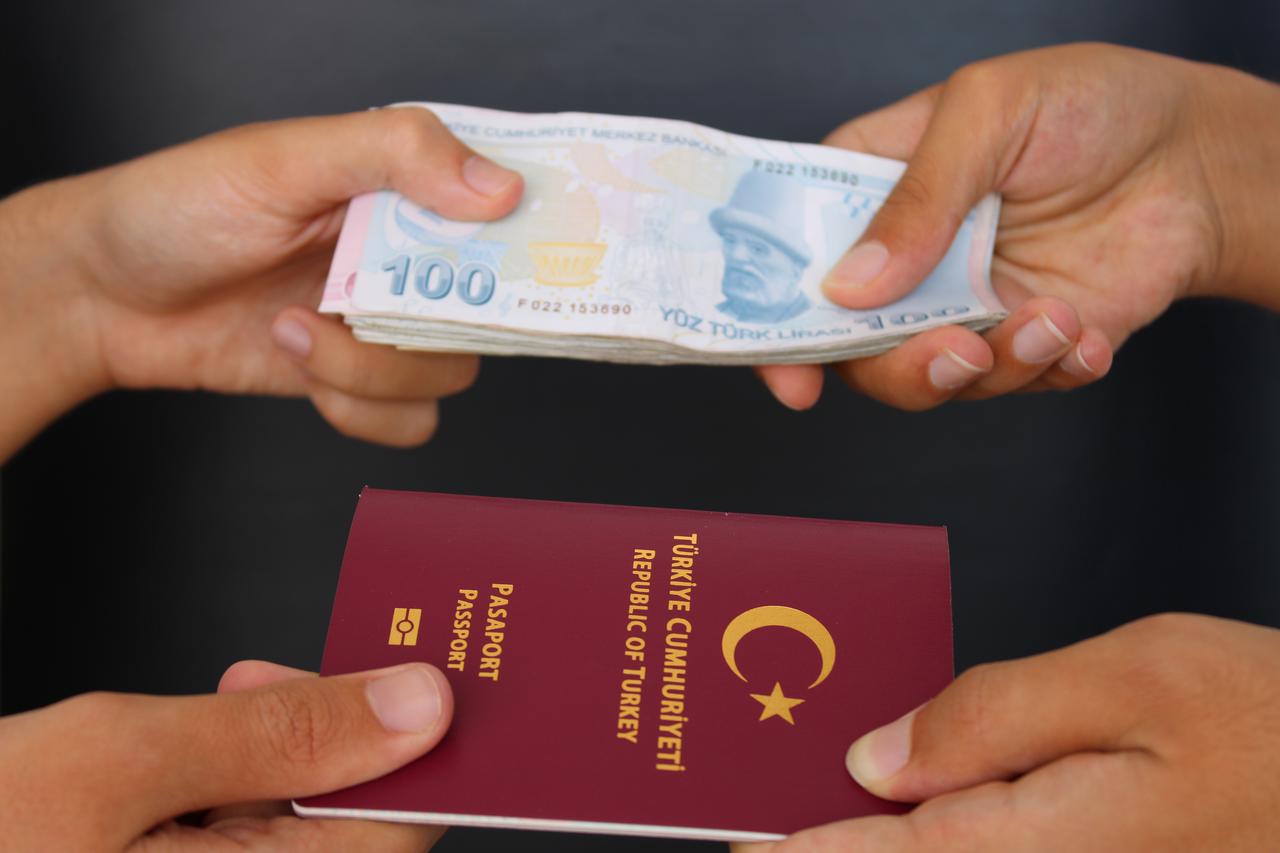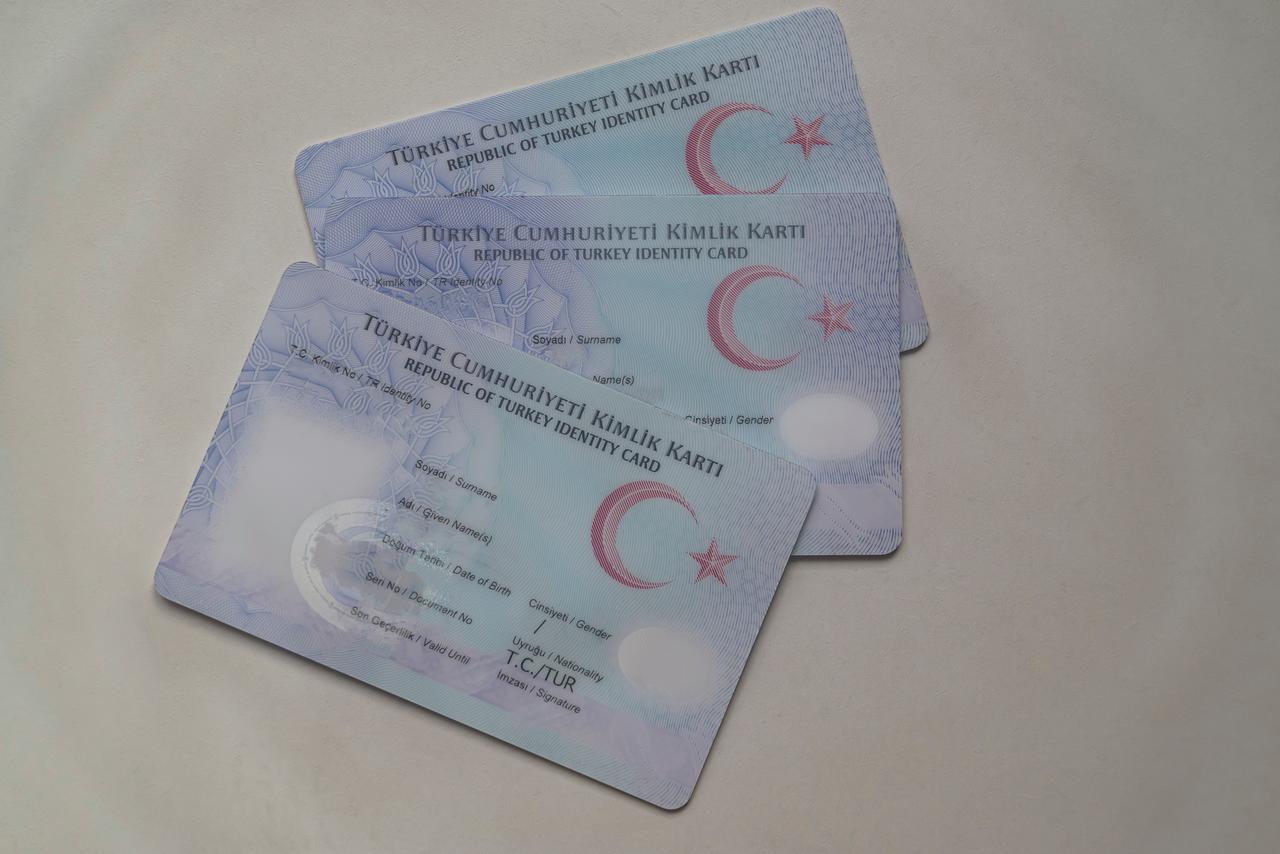
Hundreds of Turkish students reportedly enrolled in universities, particularly medical and law schools, using fake foreign passports to exploit international student quotas, while experts warn that criminals are bypassing biometric security systems using deepfake images, silicone fingerprints and 3D masks, according to investigations by Turkish journalists and expert analysis reported by Türkiye daily.
Forensic IT expert Dr. Ali Murat Kirik told Türkiye daily that while biometric systems create strong security barriers against fraud, criminals are finding ways to overcome these obstacles.
"Deepfake images, silicone fingerprint molds and 3D masks are being used to try to bypass biometric security. NFC-based systems and facial recognition technologies reduce fraud by up to 80%, but trained personnel and international cooperation are essential," Kirik said.
He explained that sophisticated software, chip copying devices and high-quality printers can alter passports' digital information. "RFID (Radio Frequency Identification) chips are being copied and rewritten, making documents almost indistinguishable from authentic ones," Kirik said.

The biometric passport market, valued at $22.8 billion in 2023, is expected to reach $46.5 billion by 2032, according to Kirik, who emphasized the importance of continuously updating multi-layered security measures and technology.
Legal expert Emine Aslan evaluated the criminal aspects, noting that current laws cover digital forgery but fall short with new methods like copying biometric data or using artificial intelligence to create fake identities.
"Especially at border crossings, real-time verification systems, database security and international data sharing must be strengthened. Türkiye has switched to biometric chip passports, but steps like Europe's e-Gate systems and data integration with Interpol and Europol are missing. Full integration with international security networks must be urgently achieved," Aslan said.
"According to Article 204 of the Turkish Penal Code, those who forge official documents or alter them to deceive others face 2 to 5 years in prison. When public officials commit this crime, the sentence increases to 3 to 8 years. According to Supreme Court practices, sentences are increased by half for documents like passports that are 'valid until proven fake,'" Aslan explained.

A major scandal emerged when citizens applying to renew their old-style ID cards discovered new cards had already been issued in their names in Kilis. The investigation expanded after two Uzbekistan nationals were caught at Kilis Bus Terminal on Dec. 27, 2021.
The suspects said they provided fingerprints at Kilis Registry Office for money, with Tarik Avci and Murat Avci acting as intermediaries. Phone records revealed contacts with Kilis Central District Registry Director M. B., Data Preparation and Control Operator V.K., and office personnel M.A.
According to media report, one case revealed Syrian national Y. B., under temporary protection status, obtained an ID using a Turkish citizen's information in Kilis, paying $25,000 for the transaction.
Investigations uncovered at least 22 maroon and gray passports and 8 ID cards illegally issued at Kilis Registry Office.

According to another media report, a November 2024 complaint to CIMER (Presidential Communication Center) claimed hundreds of Turkish students enrolled in universities using fake foreign passports, particularly targeting medical and law faculties.
The complaint stated: "Recently, serious and concerning information has emerged that some Turkish students have applied to our universities by gaining 'international student' status through fake passports, and these applications have been approved and registered."
Migration Management Directorate's Foreigners General Directorate responded that system checks showed "no legal entry/exit records or active residence permits" for the foreign nationals mentioned.
The scheme targeted private foundation universities because this method is prohibited at state universities. International student quotas require one of three conditions: being a foreign national, holding a blue card after renouncing Turkish citizenship, or completing at least three years of secondary education abroad with proof of entry/exit records. When these conditions are met, all departments at foundation universities are accessible without exams.